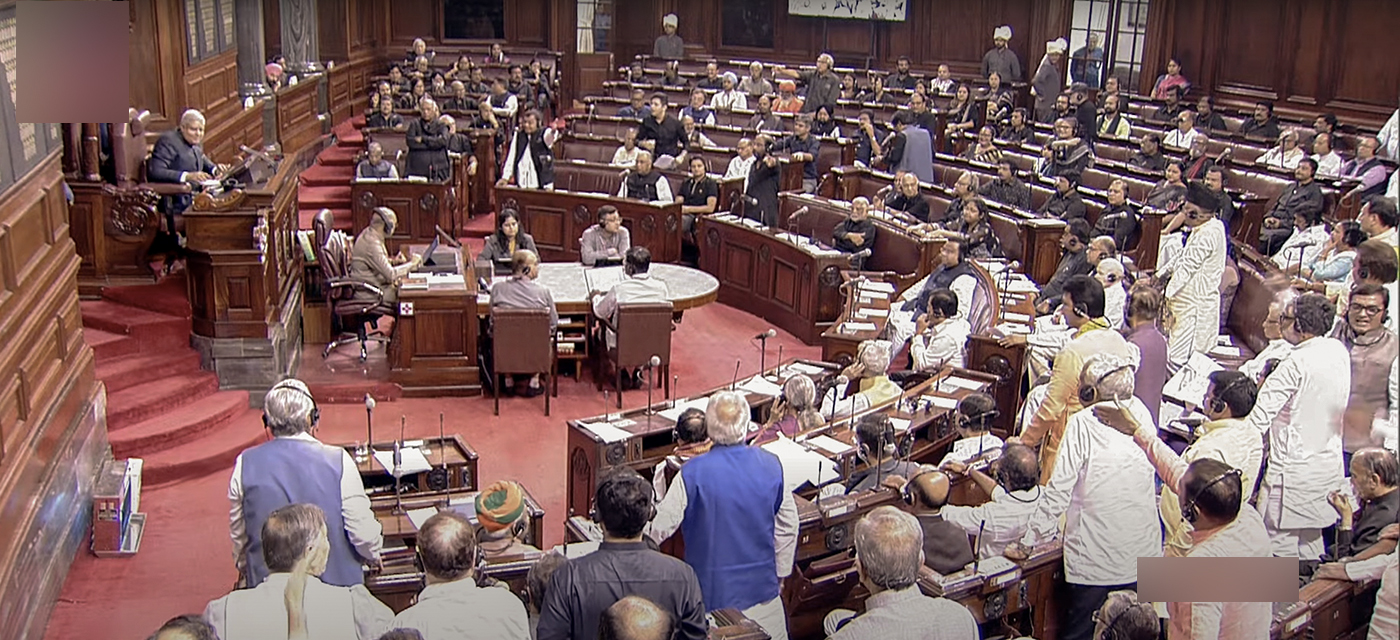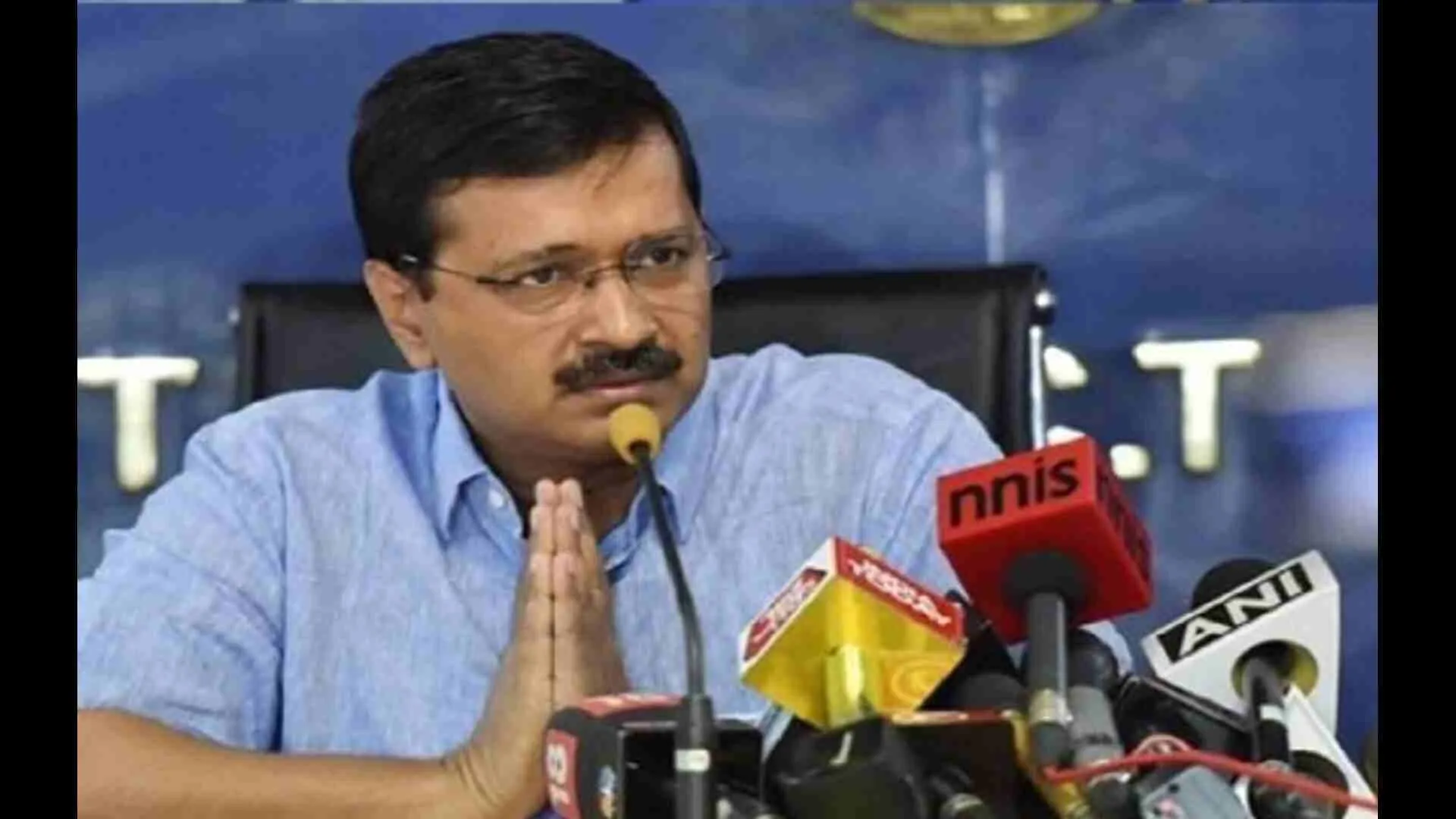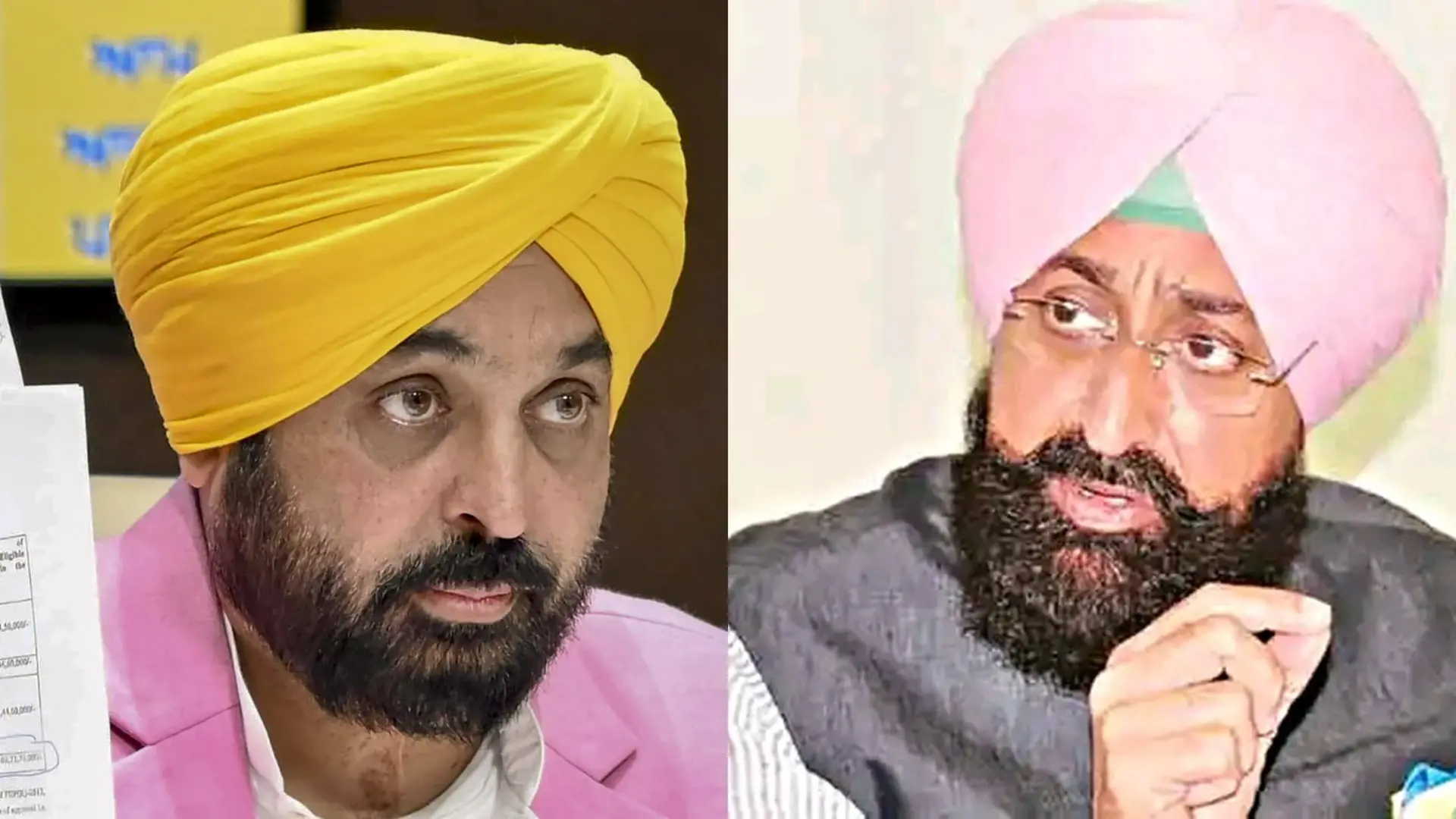The Parliamentary Standing Committee on Home Affairs is scheduled to hear the opinions of domain experts on three bills: the Bharatiya Nyaya Sanhita, 2023; the Bharatiya Nagarik Suraksha Sanhita, 2023; and the Bharatiya Sakshya Bill, 2023, on September 11, 12, and 13.
These bills, namely the Bharatiya Nagarik Suraksha Sanhita 2023, the Bharatiya Nyaya Sanhita 2023, and the Bharatiya Sakshya Bill 2023, were presented in the Lower House of Parliament on August 11. These bills aim to replace the Indian Penal Code (IPC) 1860, Code of Criminal Procedure (CrPC), 1973, and the Indian Evidence Act, 1872, respectively.
When introducing the bills, Home Minister Amit Shah emphasized that the essence of these new laws is to safeguard all the rights granted to citizens by the Constitution. He noted that the British-era laws were created to reinforce and protect their rule, primarily focusing on punishment rather than justice.
Shah further explained, “We (the government) are going to bring changes in both these fundamental aspects. The essence of these three new laws will be to protect all the rights granted by the Constitution to Indian citizens. The objective will not be to punish anyone but to deliver justice, and in this process, punishment will be imposed where necessary to create a sense of crime prevention.”
Shah revealed that extensive discussions were held over four years, involving 18 states, six Union Territories, the Supreme Court, 16 High Courts, five judicial academies, 22 Law Universities, 142 Members of Parliament, approximately 270 MLAs, and the public. He personally attended 158 meetings during these discussions.
Regarding the Bharatiya Nagarik Suraksha Sanhita Bill, which will replace the CrPC, it will now consist of 533 sections. Shah highlighted that a total of 160 sections have been modified, nine new sections have been introduced, and nine sections have been repealed.
The Bharatiya Nyaya Sanhita Bill, intended to replace the IPC, will now have 356 sections, as opposed to the previous 511 sections. Shah noted that 175 sections have been amended, eight new sections have been included, and 22 sections have been repealed.
The Bharatiya Sakshya Bill, set to replace the Evidence Act, will now comprise 170 sections instead of the previous 167.
Shah reported that 23 sections have been modified, one new section has been added, and five have been repealed.

















